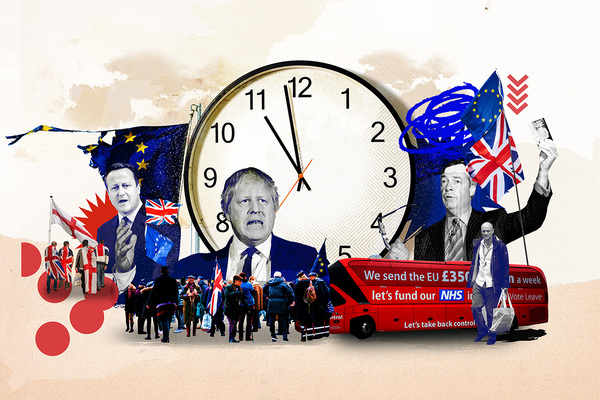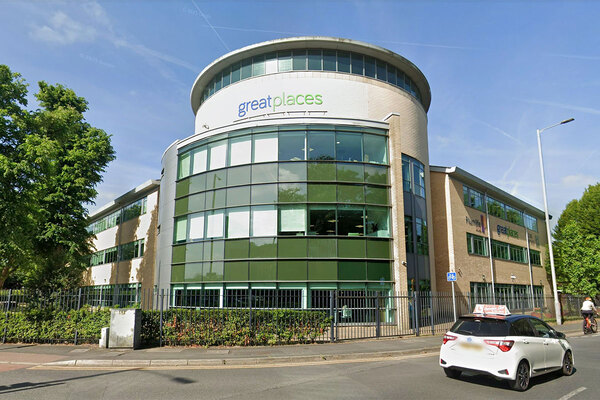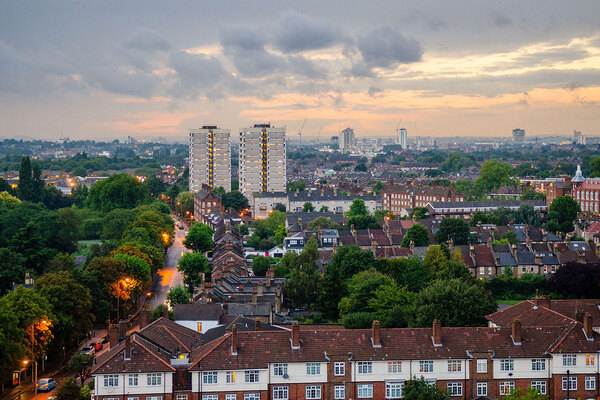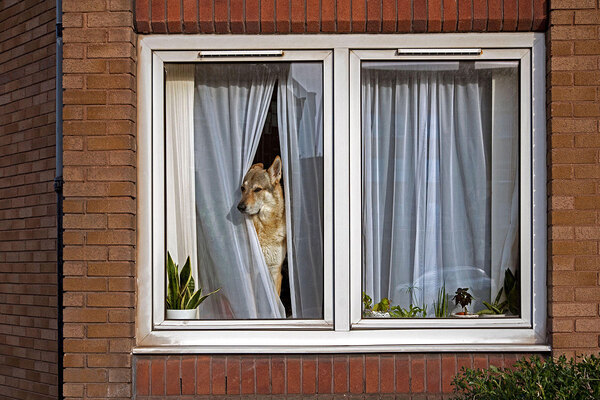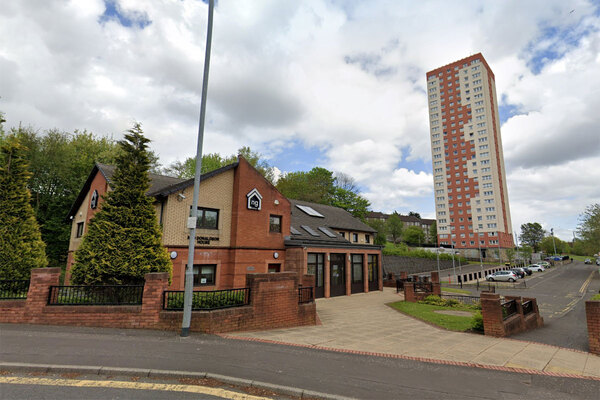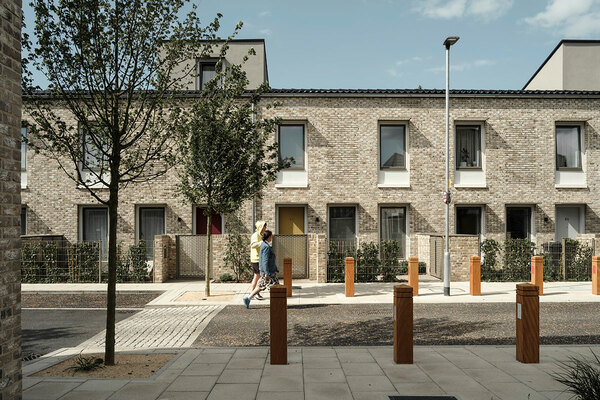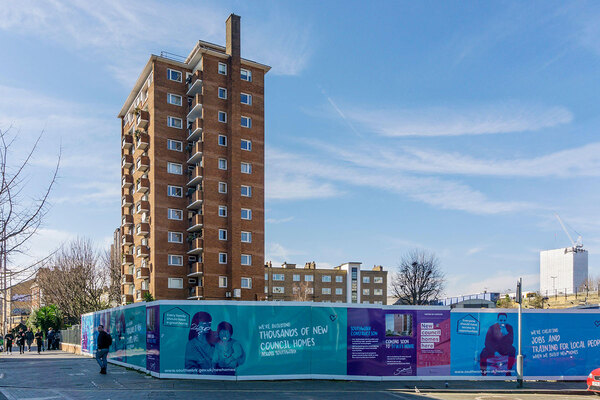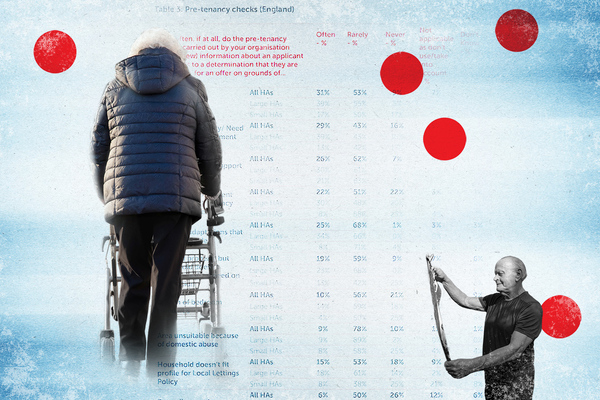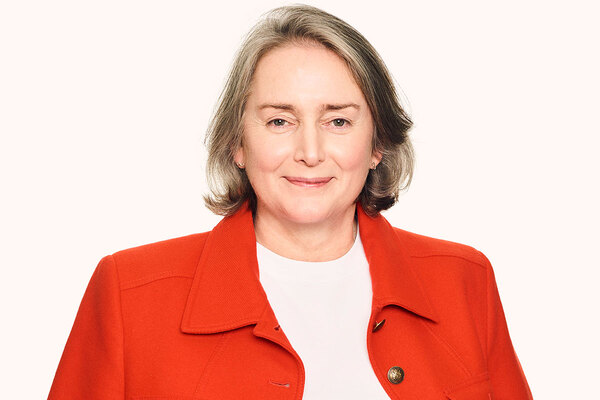You are viewing 1 of your 1 free articles
Now we need to make Brexit work – and social landlords can be part of that
Brexit is done and now it is time to work out what role social landlords can play in making it work, says Boris Worrall
Brexit. Six letters, four years and billions of pounds spent.
Born in Berlin and with a proud Anglo-German heritage, you won’t find anyone more passionate than me about the peace and prosperity which the European Union bestowed on Britain in recent decades.
“Things will be different, better in some ways, undoubtedly worse in others. As a country we thrived before the EU and we will thrive again, or maybe even rejoin one day”
In a May 2019 Inside Housing blog, I suggested that the post-referendum process was effectively a failure of governance; missing the opportunity for the country to come together in a consensus view of the future which the majority from both sides could sign up to.
My opinion has not changed.
I still believe leaving the EU will be bad for Britain. I still believe many of the promises made were never going to be delivered and the nationalistic rhetoric caused division in society. And we are already seeing some of the supply issues and economic damage coming to pass in the first few weeks. But, despite it all, I am happy that we have finally left.
There are fewer simple truths in life than the maxim that if you can change something, you should, but if you can’t, acceptance is the way. So with the ink barely dry on what appears to be a rather flawed deal, I am now determined to embrace the opportunities as well as the challenges which lie ahead – completely and unequivocally.
Things will be different, better in some ways, undoubtedly worse in others. As a country we thrived before the EU and we will thrive again, or maybe even rejoin one day.
Housing associations have rightly focused on detailed risk-mapping and contingency planning over the past two years or so to prepare for all sorts of potential horrors, from community cohesion problems to supply chain shortages, particularly in the event of a no deal.
“Liberation is not, in my view, about escaping the yoke of a bureaucratic and meddlesome European super-state, but rather the ability to close this awful chapter of our recent history and finally lift our heads and look forward as a country”
We have given little thought, however, to the opportunities a post-Brexit Britain might present. Not necessarily through immediate economic, trading or other ‘freedoms’ from being alongside rather than part of the institution of the EU, but perhaps for the simple fact that we as a country will no longer be at loggerheads, facing crippling uncertainty. Also, from a government perspective, diverting significant funding and policy focus into resolving an issue which has dogged the nation for four long years.
The days, weeks and years of discussion, debate, scrutiny, negotiation, mitigation, planning and all the rest of it are now largely over.
“We must champion an inclusive and diverse society in the most positive sense as employers and local organisations”
Imagine the time we as a country will now be able to dedicate to the things which really matter: tackling homelessness, supporting those suffering domestic abuse, helping young people achieve their goals.
Liberation is not, in my view, about escaping the yoke of a bureaucratic and meddlesome European super-state, but rather the ability to close this awful chapter of our recent history and finally lift our heads and look forward as a country.
So what does that look like for housing associations?
From a leadership point of view, I think legitimate and constructive challenge and questions about the ‘what’ and the ‘how’ should continue, particularly in relation to matters impacting on our customers and the communities where we work, and business-critical issues such as construction and maintenance supply chain.
But we need to move on from a critique of how we got here or the merits of Brexit itself. Now is not the time for ‘I told you so’ t-shirts when some things don’t go to plan – which they invariably won’t in a range of ways. Let’s instead work together to make the best of Brexit, whether we voted for it or not.
“We must move to reassure and engage with those European nationals who are part of our community and for whom a deal represents finally at least a degree of certainty after what must have been a difficult period for so many”
At an operational level, as place-based anchor organisations, there’s an opportunity to work with local authorities and other partners to repair some of the damage done to community cohesion, with evidence now emerging this has got worse in the past four years.
We must move to reassure and engage with those European nationals who are part of our community and for whom a deal represents finally at least a degree of certainty after what must have been a difficult period for so many.
We must champion an inclusive and diverse society in the most positive sense as employers and local organisations. We must also maximise our community investment funds towards social and economic renewal of the places where we work, some of which will suffer disproportionately because of the new trade and work restrictions.
The post-pandemic world will be challenging, but we have the tools, skills and resources to make a positive impact. Many of us opposed this from the start. But I believe that, together as a nation, we now need to move on and make it work.
Boris Worrall, chief executive, Rooftop Housing Group
Related stories



